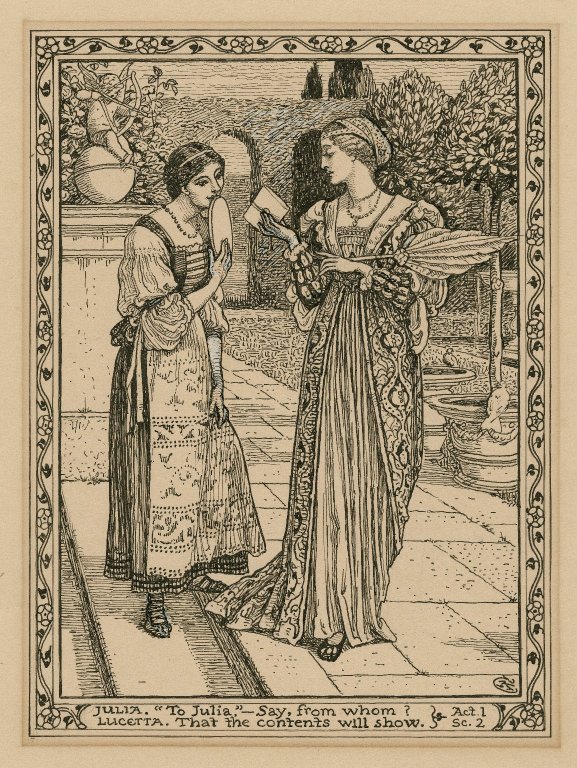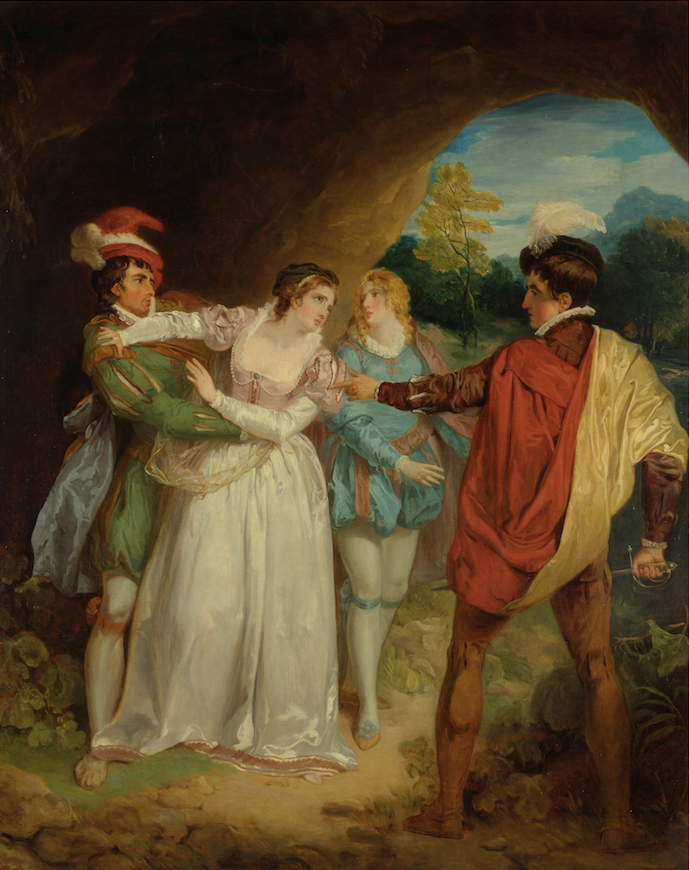Love Taboos (Field Studies)
We meet on a path. You run away and hide behind a tree. Later, at supper,
you bring me food in a bowl but do not give it to me. You throw it on the
ground and run away.
We meet on a path. You step off and stand with your back turned until I
walk by. Back in the village, we do not come near each other, or shake
hands, or give each other presents, or anything.
We meet on a path. I throw myself off the path into a green thorn bush
while you pass by without turning your head or looking at me, pretending I’m
not there, although I am whimpering. I do not say your name and avoid
using any word if it forms part of your name, or rhymes, or almost rhymes,
with your name.
We meet on a path. We both turn aside, I jumping off the path into a red
thorn bush, you putting a raffia basket over your head and running in
circles. We are allowed to talk to each other only by shouting from so
great a distance we cannot make out each other’s words and with a barrier
between us so that we cannot even be sure it is us.
I was walking on a path after a heavy rain and saw some footprints that I
thought were yours, so I turned around and went the other way, covering my
eyes with my hands and whistling loudly.
We meet on a path and cannot avoid each other, so we both throw ourselves
off into thorn bushes, you on one side, I on the other, shouting, “Gee,
what a great thorn bush I get to be in with no one around.” Also, there is
a wasp’s nest in my thorn bush.
If you like something, I say I hate it. If there’s something you hate, I
run and kiss it. If your friends are walking on the path, I leap out of
hiding and push them off the path into a pit I have dug.
We are made for each other.

Julia and Lucetta with Proteus’s letter, Illustration by Walter Crane, undated. Courtesy of the Folger Shakespeare Library.
Jubilate Cane
For I will consider our dog Buddy.
For he acts like our servant most of the time but at other times not.
For he sheds more generously than the maple does its leaves.
For this shed hair does roam our house freely in herds.
For his hair does discriminate not but attaches itself to the dark clothes as well as the light.
For he has been packing on the weight lately.
For he dines on that which is given to him. And he dines on that which he can reach.
For he will eat that which you do not want. And he will eat that which you leave unattended.
For which we have a new trash can with a tighter lid.
For despite his admirable appetite he has not eaten an entire tray of lasagna like some of his
brethren.
For he complains not about lack of exercise.
For he retrieves the ball with zeal.
For you must remove the ball from his mouth and unslobber it.
For if lost he will hunt for the ball until found.
For if you are sitting he will with his nose push the ball into your crotch and wait.
For he will bark without surcease if you do not play.
For he will cool himself after playing by wallowing in mud.
For he then sleeps upon the beds of the children.
For he is vigilant with strangers and other dogs.
For with other dogs he will attack and give no quarter.
For with strangers he can be had for a scratch and a treat.
For he will wake you at 4 a.m. if he needs to relieve himself.
For he does not soil the house unlike our other dog.
For he sits on the furniture but gets off when you enter the room.
For he will crawl into your lap as if he were a toy poodle which he is not.
For he will have his ears scratched and his belly.
For he gets his way most of the time.
For he will follow you from room to room.
For we are his rubes and his marks.
For he is a scam artist.
For his look is piteous.
For he whines most mournfully.
For he is of the Tribe of Wolf.
For his ancestors adopted man as a survival tactic.
For we were their easy pickings.
For today we still are.
A Valediction On The Whereabouts of the Self
How do you know who you are? Everything
is replaced—down to the cells, the protein
drayage between cells. You can’t dip your foot
in the same river twice, but you can’t dip
your foot in the same river once either.
There is no river, there’s just you. Yesterday
you woke up in your bed, walked a stiff walk
to the bathroom, let your face sink into cold
water pooled in the bowl of your hands.
Was that you the day before that day,
facing mirrors, the dimming green depths?
No, it was memory’s ruthless allegiance
to a past. And memory lies. You watched
a ginkgo’s yellow leaves spiral and fall
onto a lake’s glittering veneer,
or watched divots of snow plummet
from the sycamores’ mottled branches, steam
rising from your mouth in the stringent cold.
These are shadow plays, because memory
isn’t the opposite of forgetting,
but its co-conspirator. It’s not what
you remember; it’s who remembers you.
Think of the soul as a shape, a mosaic piece,
your “you” as a congruence, proximity.
That self is made by how you fit with others.
In need of a guarantee? How about this:
I’ll vouchsafe you, if you’ll bestow yourself.
I’ll be the matching snippet alongside
as long as our diptych holds intact.
If you are who touches you—I’ll be
sense itself, a word breath ferried through air,
now held by others. Yet even gone,
I’ll be here, as always, your missing piece.
A Kama Sutra For Older Couples
When a man lies on his stomach with his limbs akimbo, snoring, and the
woman sits up and watches A Game of Thrones on her laptop, that is called
The Beached Walrus.
When a woman is lying comfortably on her left side and the man reaches over
her to grab her chocolate chip cookie but then hits her in the eye with his
elbow, that is known as The Clumsy Fox.
When a man lies on his side, immobile, and the woman lies between the man
and the wall, that is called The Trapped Bladder.
When a woman is curled up with her hands under her cheek and the man gets
out of bed to get a “glass of water,” that is known as The Spy Who Wanted a
Slice of Cake.
When a woman is trying to read, and the man turns from one side to the
other repeatedly, that is called The Annoying Fish.
When a family dog is sleeping between the man and the woman, and the man is
pushed closer and closer to the edge of the bed, that is known as The
Roadrunner Tricks the Coyote Again.
When a man is in the bathroom brushing his teeth with the water running
and the woman asks him a question from the bedroom which he cannot hear,
that is called The Deaf Husband.
When the man and woman lie next to each other, and the phone on the other
side of the room rings, that is called The Mexican Standoff.
And when a man and a woman face each other, arms and legs tangled
together, and talk of inconsequential things, and make each other laugh
deep into the night, this is known as Marital Bliss, for realz.
“A Valediction on the Whereabouts of the Self” reprinted from Pachinko Mouth, Plan B Press, 2013. “Love Taboos (Field Studies)” and “A Kama Sutra for Older Couples” previously appeared in Truck. All reprinted with permission of the author.
Michael Gushue is co-publisher of the nanopress Poetry Mutual, and co-curator of Poetry at the Watergate. His most recent book is I Never Promised You a Sea Monkey (Editorial Pretzelcoatl, 2017), a collaboration with CL Bledsoe. His other books are the chapbooks Pachinko Mouth (Plan B Press, 2013), Conrad (Souvenir Spoon Books, 2010), and Gathering Down Women (Pudding House Press, 2007). His satirical advice column, with CL Bledsoe, How To Even, can be found at: https://medium.com/@howtoeven/. To read more by this author: Michael Gushue: Fall 2005; Michael Gushue: DC Places Issue; Michael Gushue: Audio Issue.
